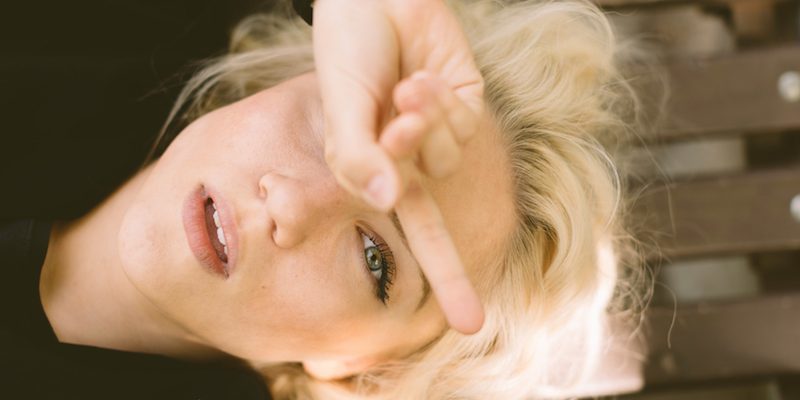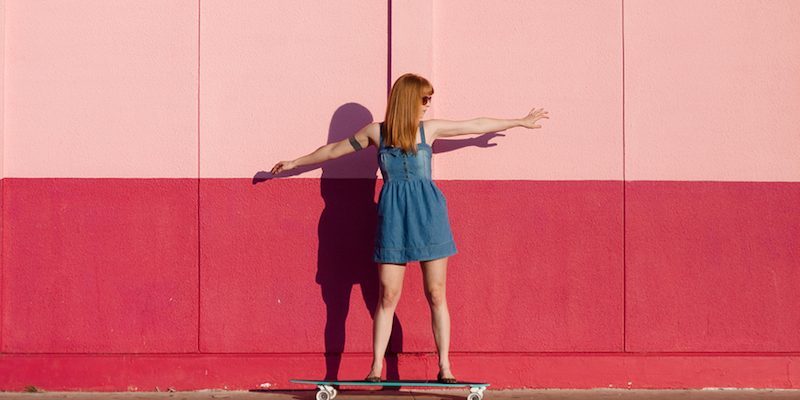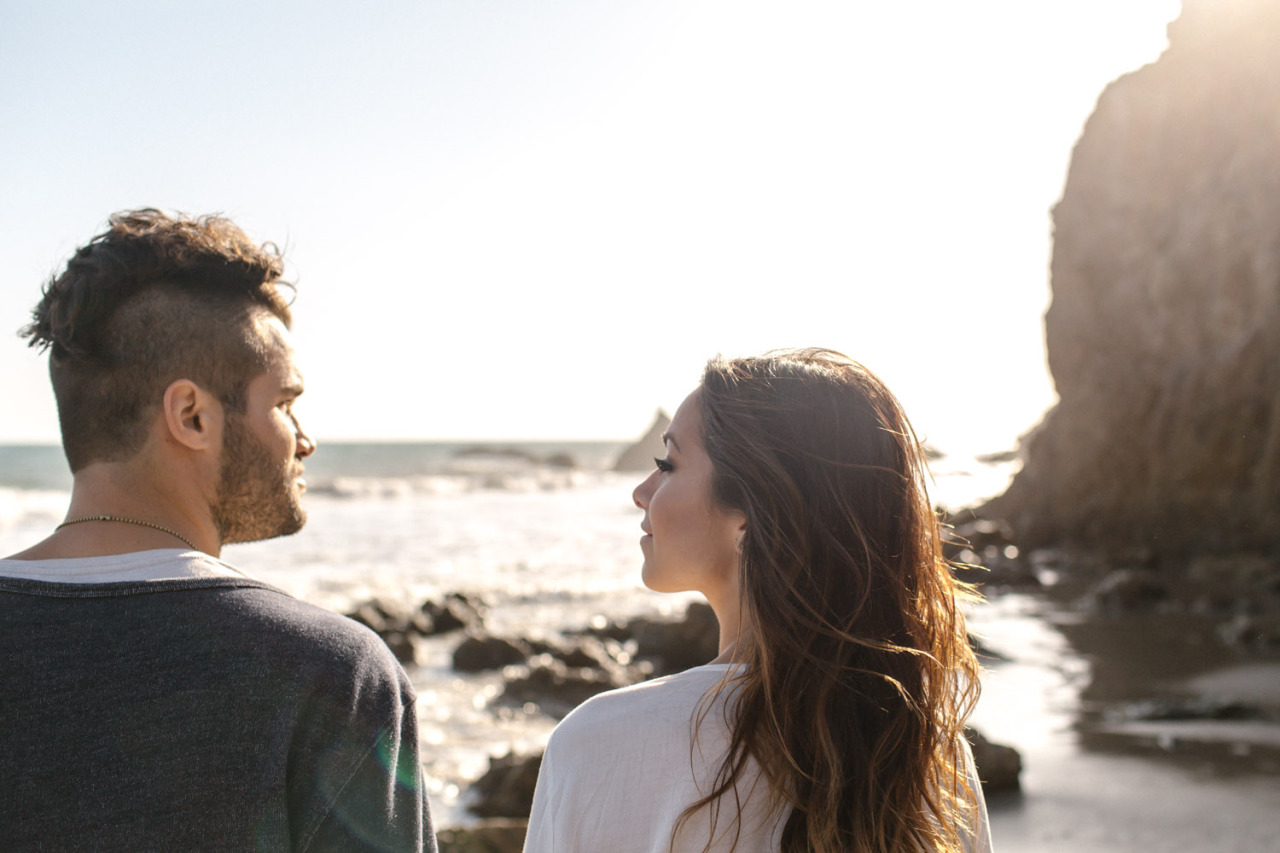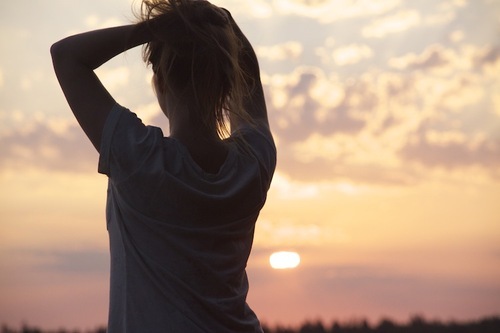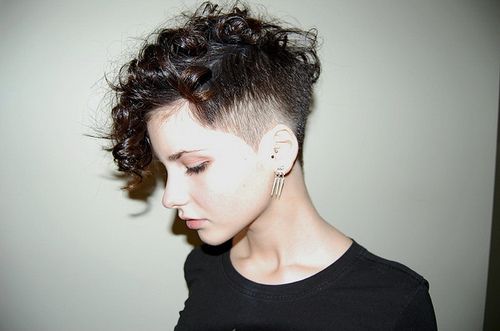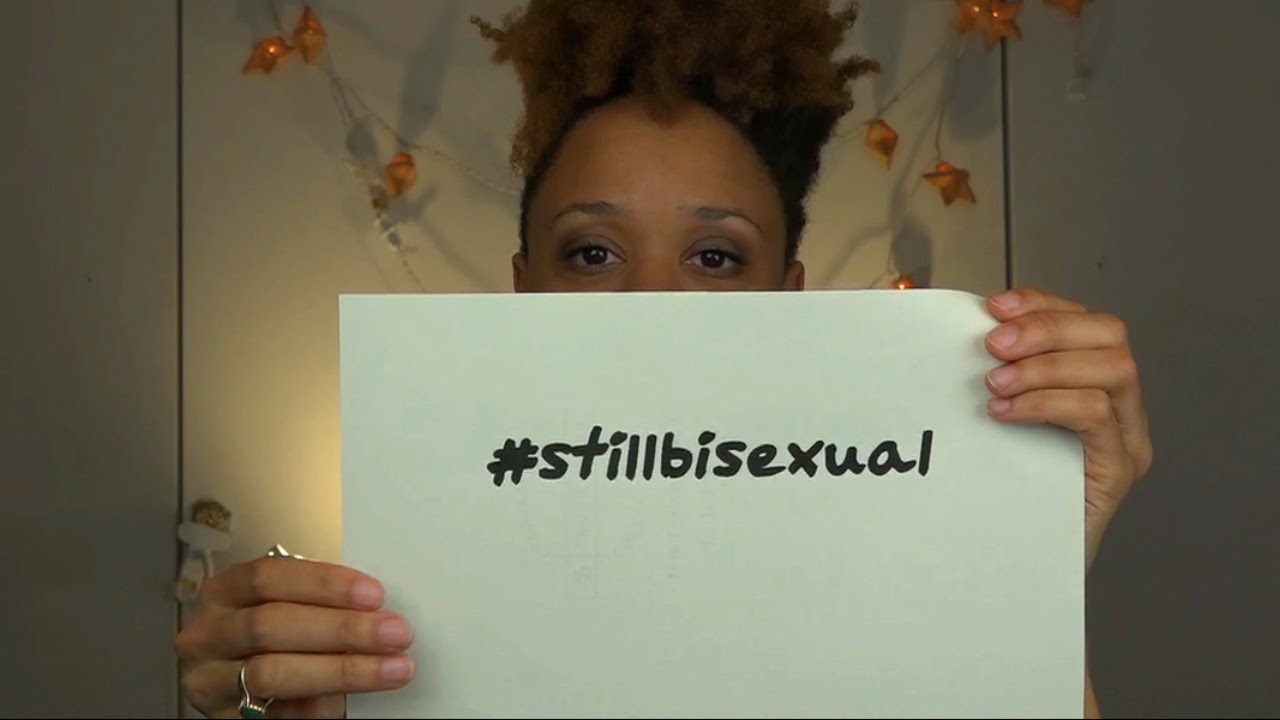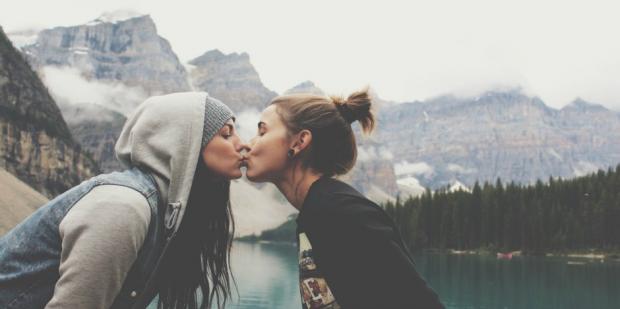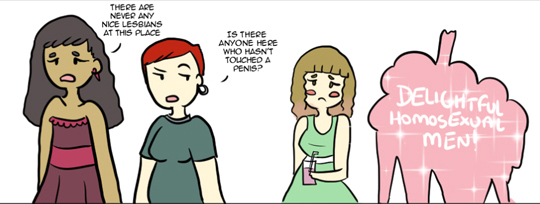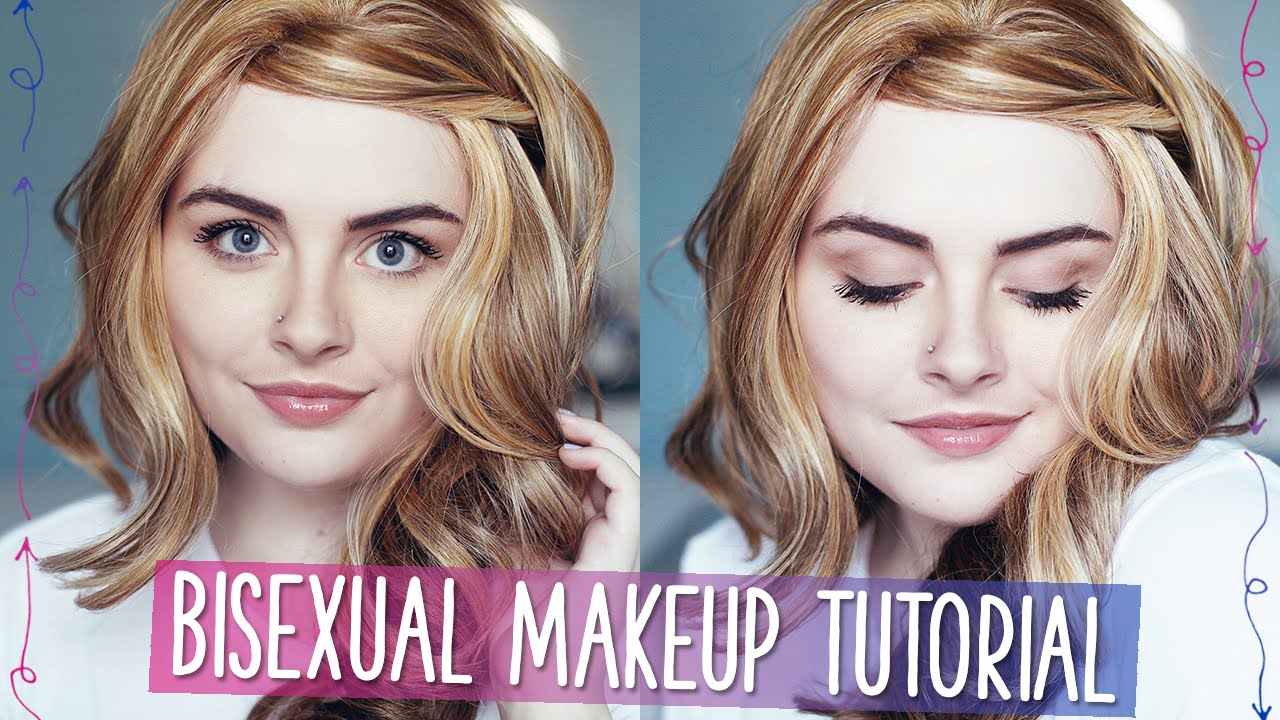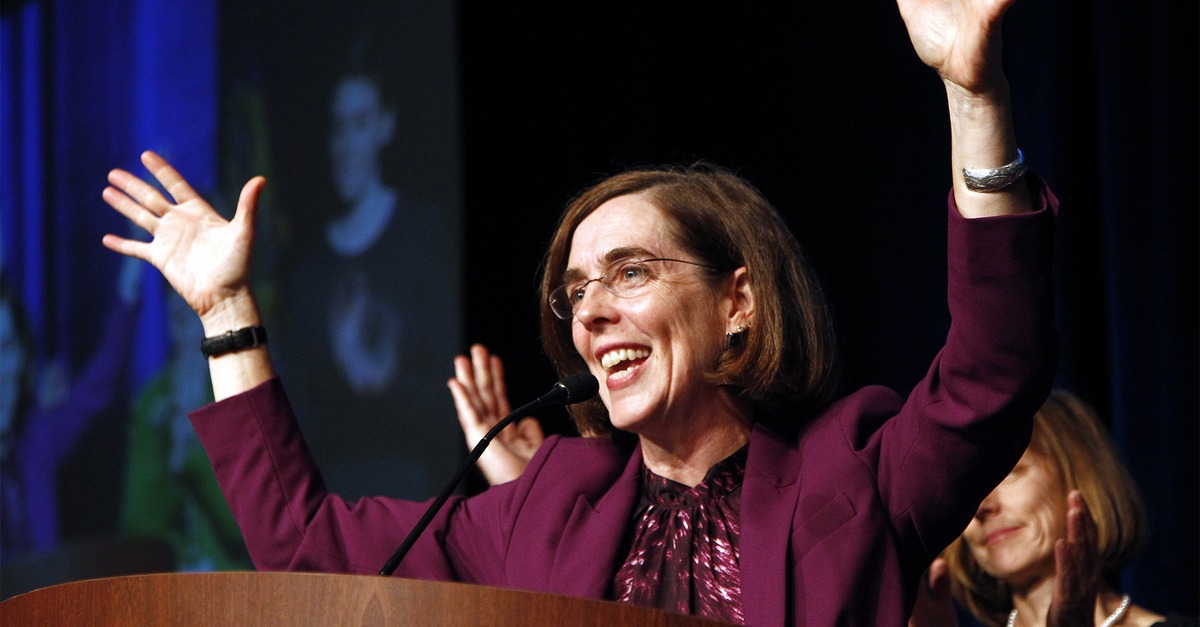For a while in high school, I identified as bisexual. During that time, I made a lot of bisexual friends, and even though I eventually realized that I wasn’t into guys at all, they were generally pretty accepting of the path I took. Right away, I understood that those bisexual friends of mine faced a lot of the same issues that I did, as a newly-out (but “straight-passing”) lesbian. I still have a lot of my bisexual (and pansexual) friends, and the questions they face every day sort of amaze me.
In some ways, these questions are a lot like the ones I’ve had to deal with myself. (Yeah, just like bisexuals have to deal with perverts and creeps, us “straight-passing” lesbians have to deal with people changing our identities, too. Why does everyone want to paint me as a bisexual, and my bi friends as lesbians? I really don’t get it.)
Anyway, without any further ado, here are the top 13 things that bisexuals wish you’d stop asking them.
“Are bisexuals even real?”
Uh… Yeah, they’re real. Just the fact that you know someone who identifies as bisexual should be enough to prove it to you – never mind the fact that a lot of freaking people identify as bisexual.
“So when are you going to choose whether you’re gay or straight?”
- It’s not a choice.
- “Gay” and “straight” are not the only options.
- You’re an asshole.
“Aren’t you just being greedy?”
Um, not really. In fact, there are so many people out there who refuse to date bisexuals. Being bisexual isn’t about being greedy, especially when just coming out to a partner could make them change their mind about you entirely.
“Do you have a lot of threesomes?”
Maybe she does, and maybe she doesn’t. Either way, it’s none of your business – otherwise, you’d already know.
“Are you sure you’re not just confused?”
Fun fact: Most women who consider themselves confused don’t come out as bisexual. They come out as bi-curious. Which is, of course, similar – but at the same time, so very, very different.
“Are you experimenting then?”
Go right on ahead and combine those last two answers, and you’ll come pretty close to the sentiment here.
“Does this mean you’ll eventually be fully gay?”
What even is “fully gay” anyway? I don’t think anything is totally absolute like that. But maybe she will eventually identify as a lesbian. That doesn’t mean she isn’t bisexual now.
“But you’re dating a man, so doesn’t that mean you’re straight now?”
Being in a straight relationship doesn’t make one straight. Just like wearing “boy shorts” as underwear doesn’t make you a little boy. Sometimes, the labels we put on things aren’t so much for definition as they are for identification.
“If you date a woman, will that make you a lesbian?”
Well, no. Not unless she decides that’s what it means. Otherwise, she’s still bisexual.
“Do you just want to have sex with everyone you meet?”
Probably not. And if she does want to have sex with everyone she meets, you’ll know about it eventually. No need to ask and make things awkward.
“Aren’t bisexuals more likely to cheat?”
No. Cheaters are more likely to cheat. Bisexuals are just more likely to be bisexual.
“So, are you more gay or more straight?”
While it’s true that most bisexuals do have a preference, one way or the other, the idea that you can be “more” or “less” gay is sort of ridiculous. I mean, I get it – the spectrum is weird. But it’s weird for your friend, too, so let’s not try to overanalyze it.
“Isn’t it called ‘pansexual’ now?”
Not exactly. While pansexuals and bisexuals have some things in common, generally pansexuals see love as separate from gender, while bisexuals identify that they have attractions to both binary genders. Of course, if your friend would prefer to be called pansexual, you should respect that – they’re not the same thing!

